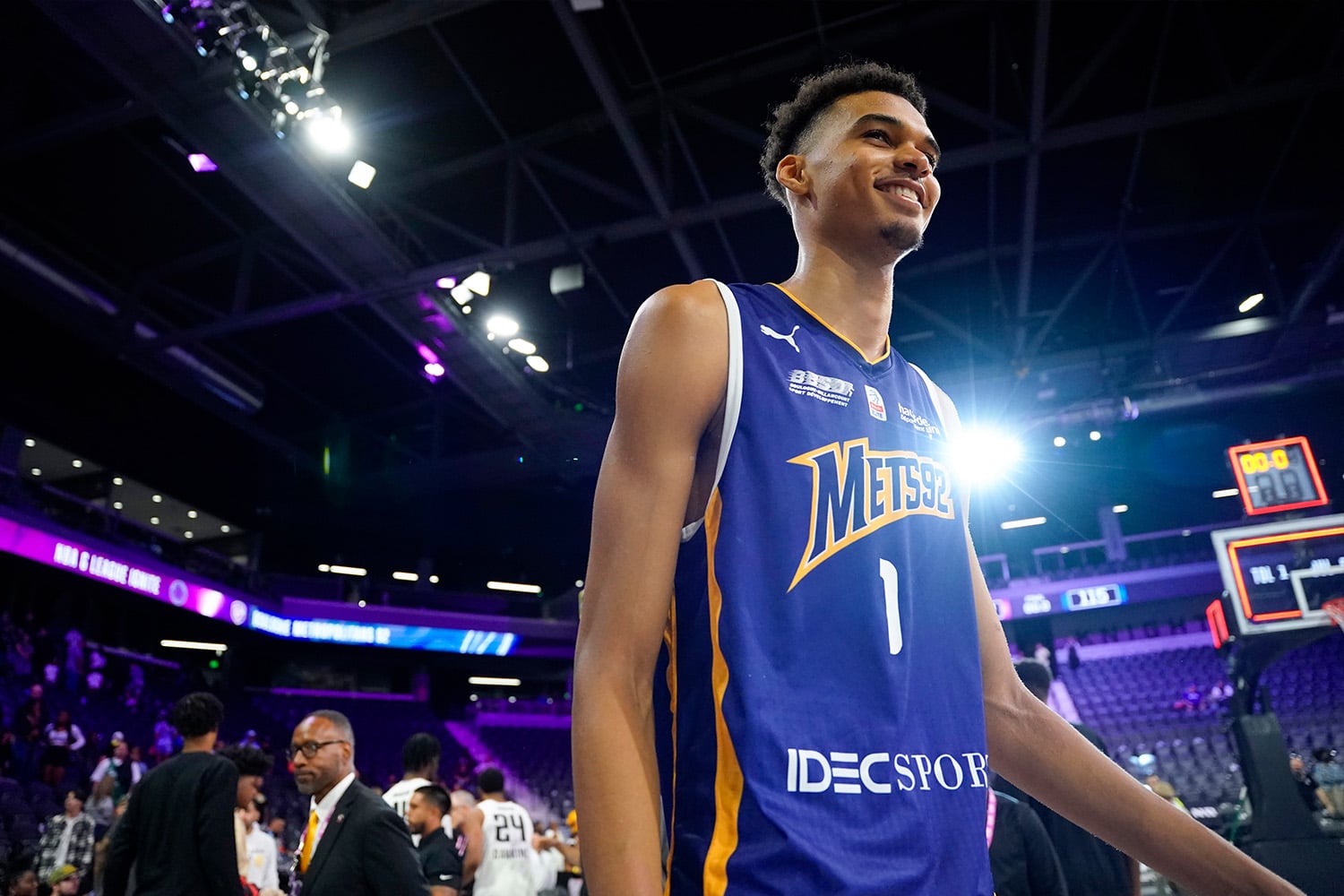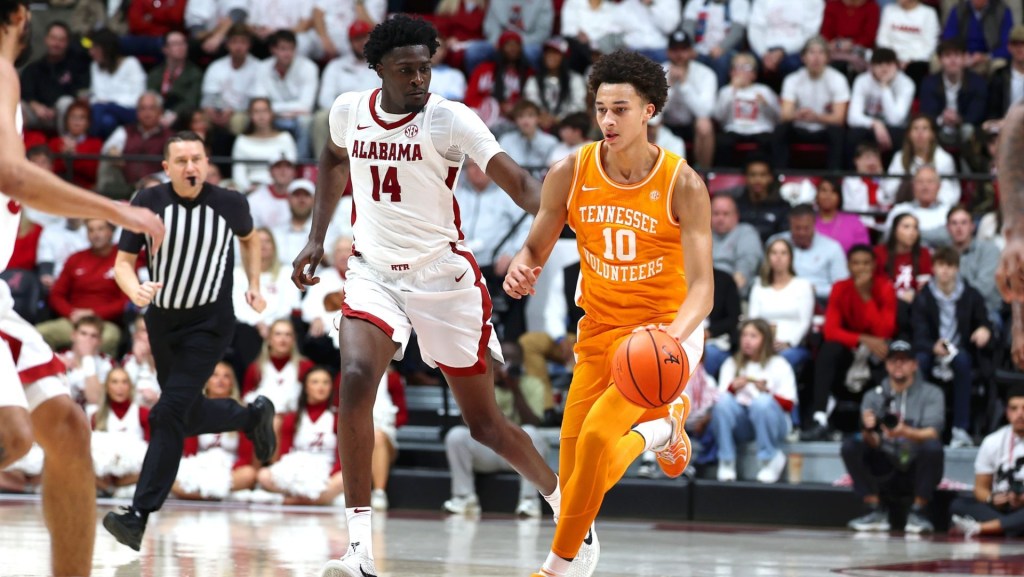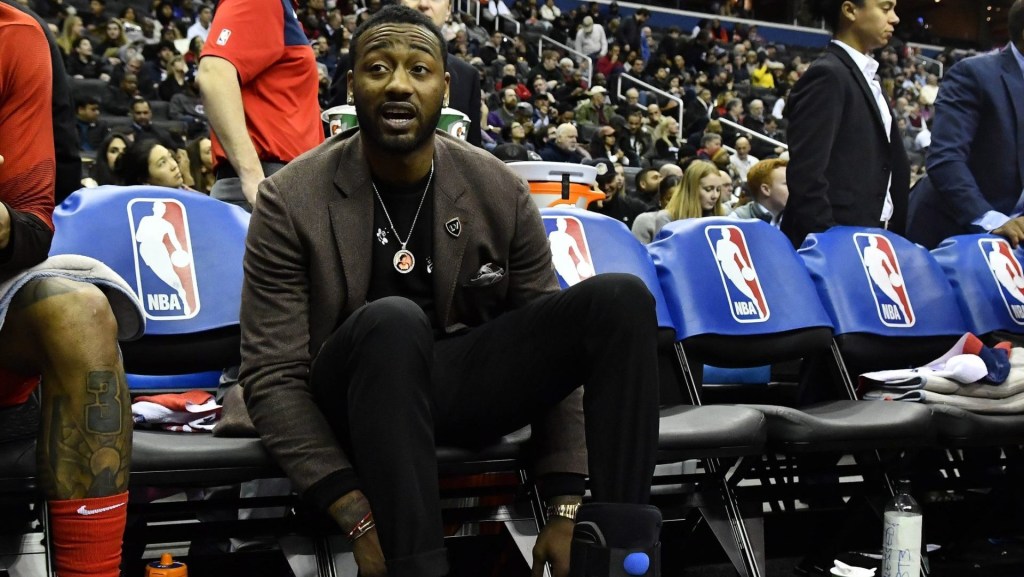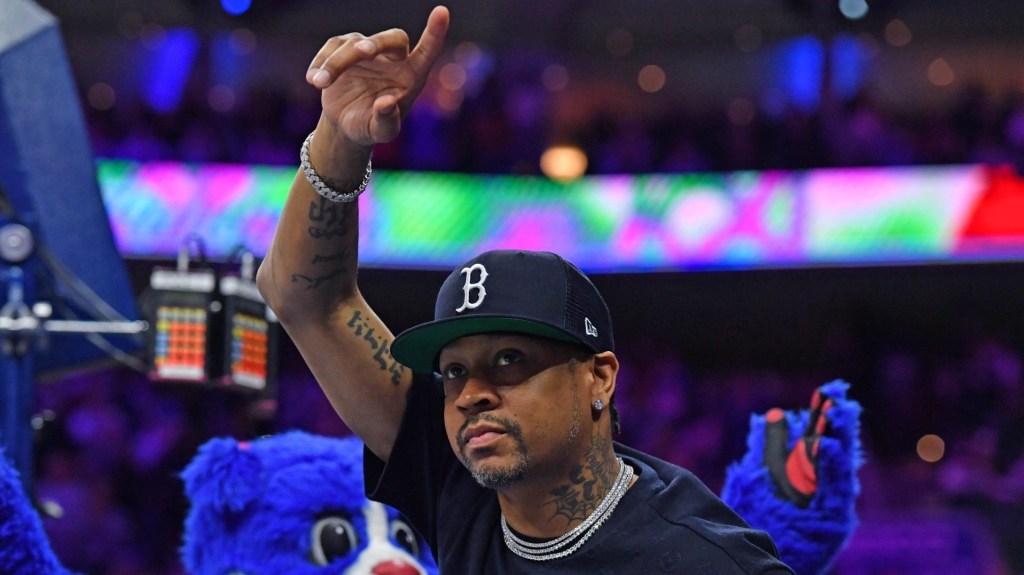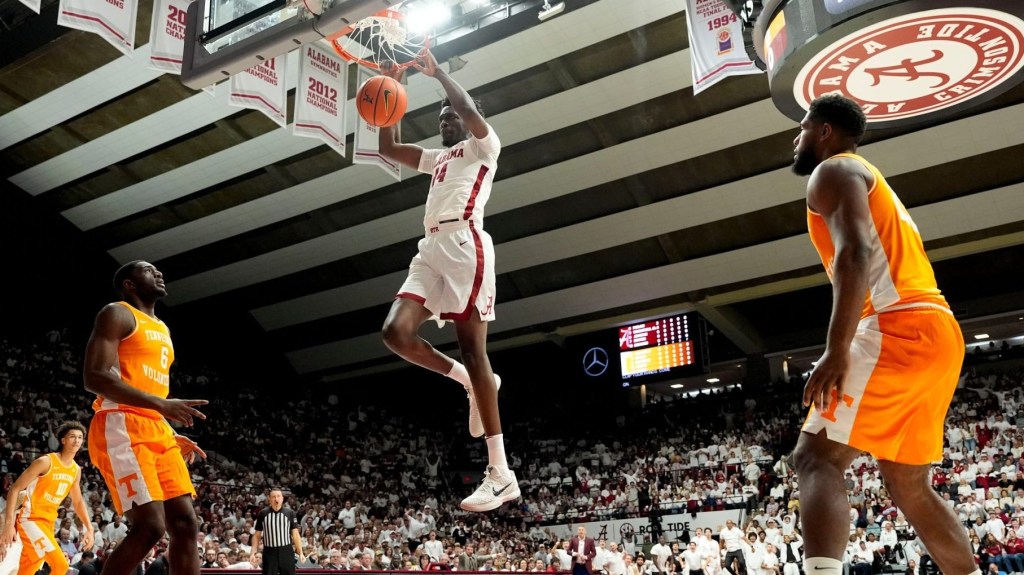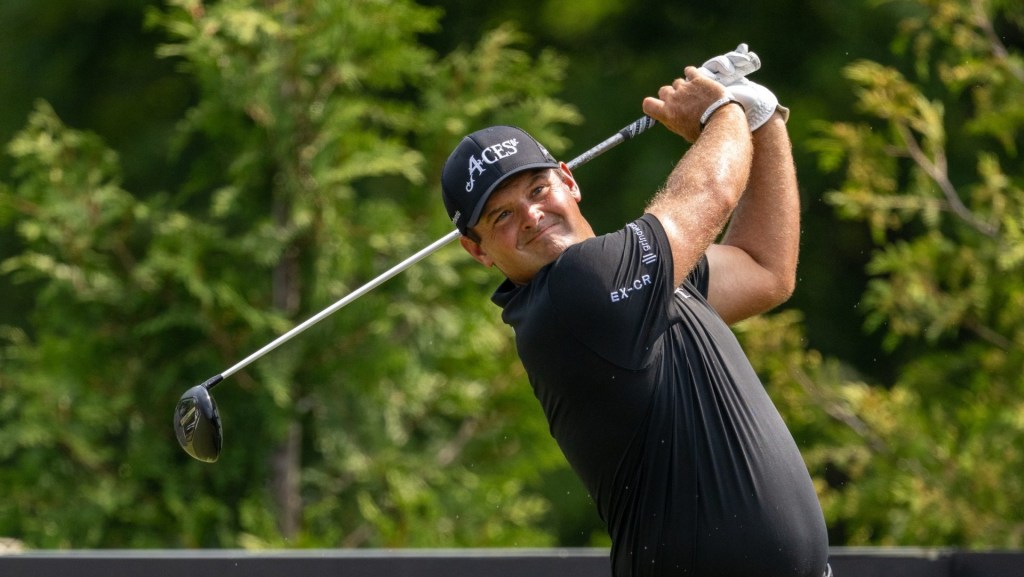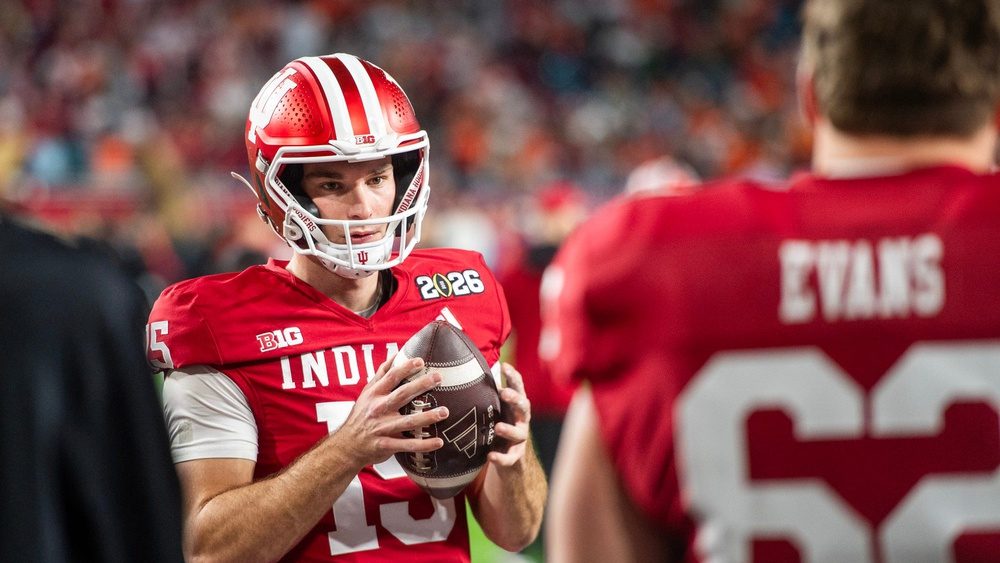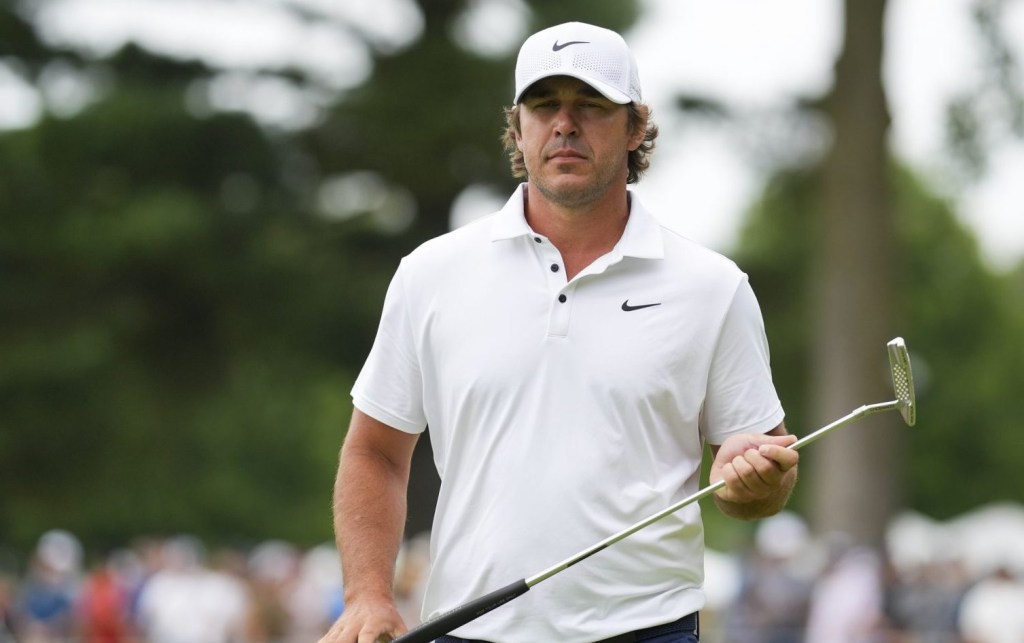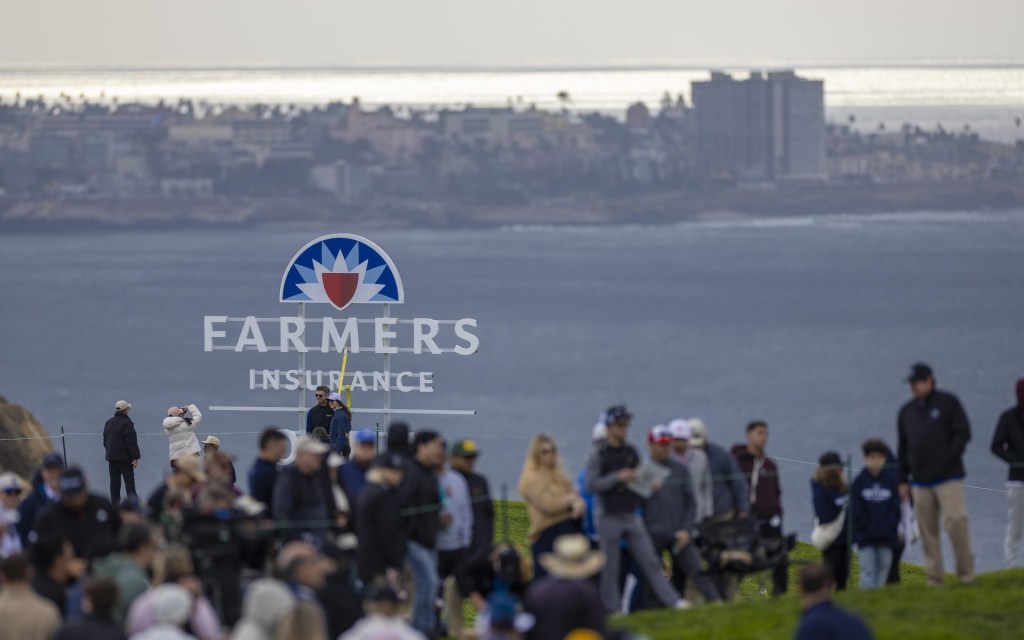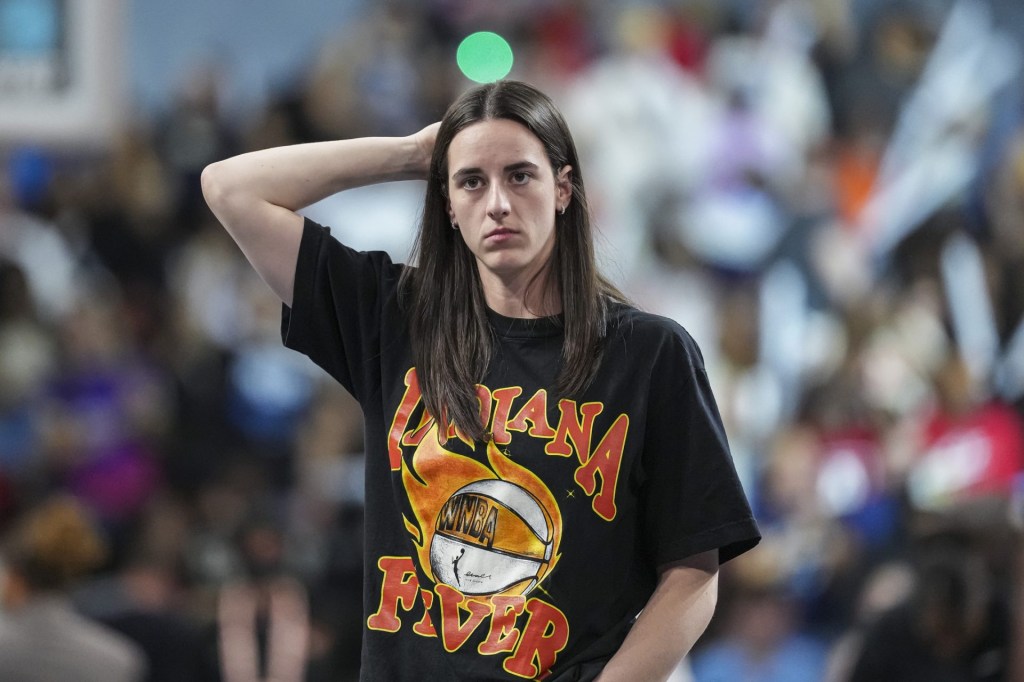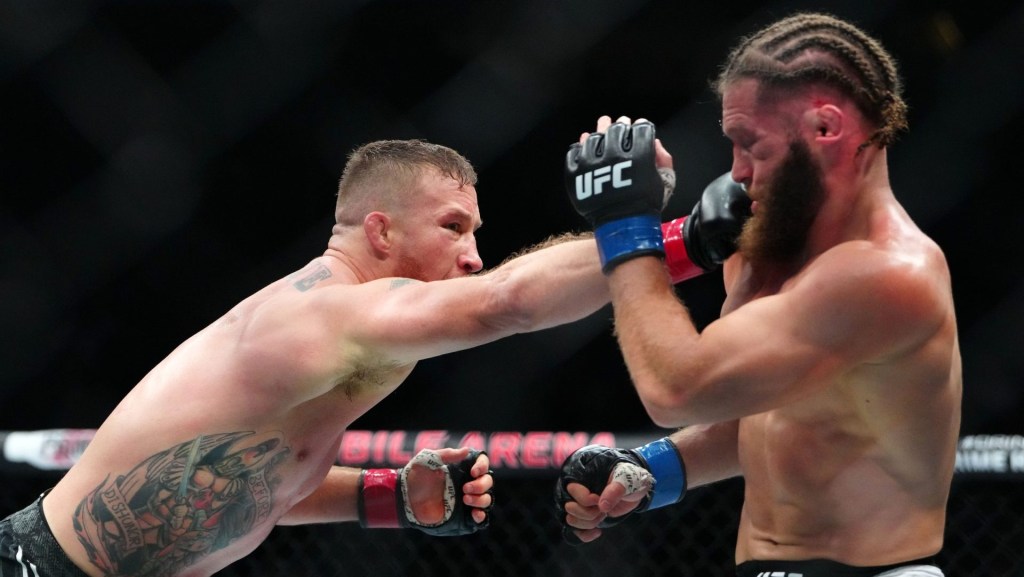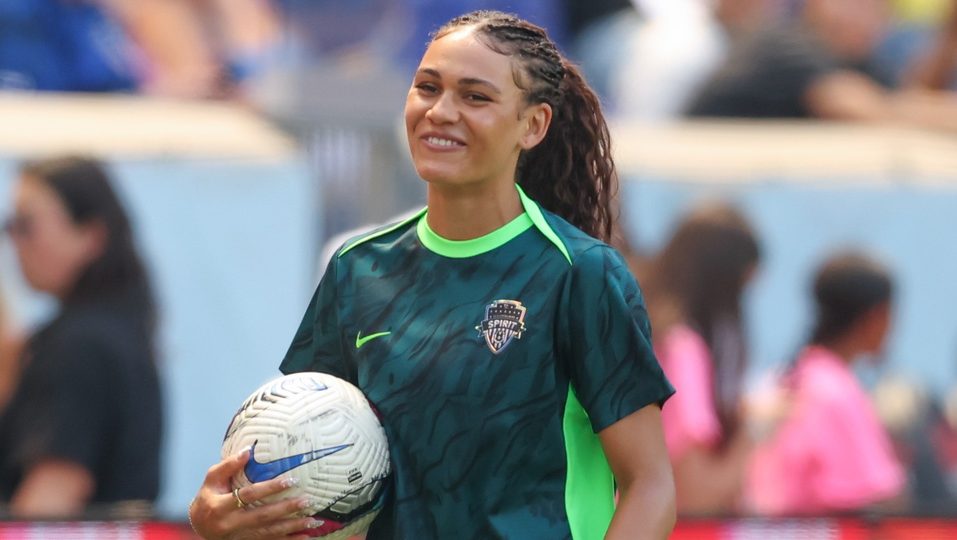Victor Wembanyama will join the NBA on Thursday night’s draft, but his arrival is only possible thanks to the decisions of another young phenom 53 years ago.
Spencer Haywood wasn’t just playing for the love of the game — he was working to get his family out of poverty. He grew up in Silver City, Mississippi, a descendant of sharecroppers. A standout college player at Trinidad State Junior College and Detroit Mercy, Haywood joined the U.S. Olympic team at 19 in 1968.
Both the ABA and NBA’s eligibility rules required players to be out of high school for four years, but the ABA made an exception for Haywood the following year. He responded by averaging 30 points and 19.5 rebounds per game, winning both the league’s MVP and Rookie of the Year.
What happened next would change basketball history. Haywood joined the Front Office Sports Today podcast to tell his story.
“I chose to leave the ABA because they gave me just a fraudulent, fraudulent contract,” Haywood recalled. “The owner of the ABA team said that, ‘You know, we got you over a barrel.’ Even though I was the MVP of the league, Rookie of the Year. [He said] you can’t go back to college, which I could not, because I broke my eligibility there, and I couldn’t go to the NBA because I was ineligible. So they had me over a barrel.”
Haywood, now 74, explained the terms of that bizarre, exploitative ABA deal.
“That fraudulent contract read that I would get, say, $75,000 a year for salary, and they would put $10,000 in Wall Street, [which was projected to grow to] $1.5 million when I reached age 50 to age 70, when I would receive the money. But here’s the caveat: I would have to be employed by Ringsby Truck Line in order to receive it from age 50 to age 70.”
He signed with the Seattle SuperSonics, but the league still said he was ineligible.
“I played 10 games under those rules of madness,” said Haywood. “And then they got a 10-game injunction against me not to play. So I had to sit at home and wait it out. And then I got another injunction to play. And of course, it got worse and they could say, ‘You throw bottles, you can hit him, you could do anything on the floor because he’s an illegal player.’”
“Then we got to Cincinnati where the injunction read, not only would I not be able to play, but I had to leave the grounds in which that arena sat on. So I was way out into the cold in the snow on the outside of the arena. That’s when I nearly froze to death. Luckily for me, the police that were guarding me said, ‘Hey, we’re not gonna let you freeze. Get in the car, and we’ll warm you up. We might lose our jobs, but we know you’re doing the right thing.’”
Haywood filed a lawsuit against the NBA, and the case ascended to the U.S. Supreme Court. He was granted an injunction by Justice William Douglas allowing him to play while litigation proceeded. The case was settled out of court, and the NBA altered its rules to allow players to enter the league early in cases of hardship, opening the door to other young players.
Today, the rule has evolved to allow any player who is at least 19 — like Wembanyama — or whose high school graduating class finished the year prior, to join the NBA.
The ruling transformed the league, bringing incredible wealth to young athletes and fueling its growth. The NBA added three teams the year Haywood joined the league and another 12 since then.
Recently, Front Office Sports looked into another source of basketball talent that has become increasingly important: players from overseas. That category includes the reigning MVP Joel Embiid, finals MVP and two-time MVP award winner Nikola Jokic, superstars Giannis Antetokounmpo, Luka Doncic, Tony Parker, and Wembanyama, who hails from Nanterre, France.
